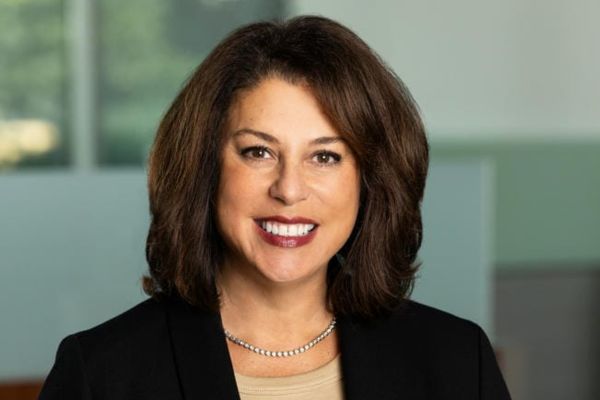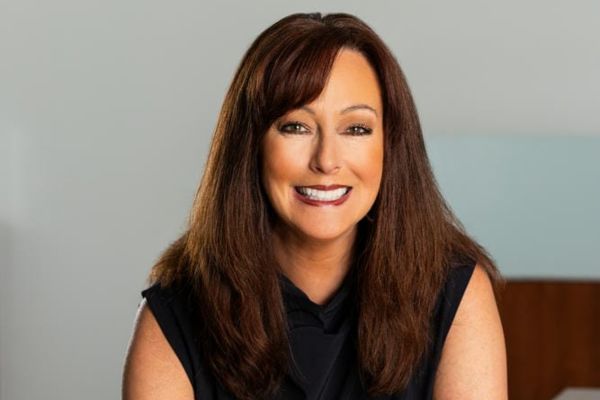Guardianship for Aging Adults
Guardianship and Conservatorship
In the state of CT, guardianship may be needed when an older adult no longer has the legal capacity to make personal or financial decisions. This is common in cases involving dementia, traumatic brain injury, or mental health decline.
We help elders and their caregivers:
- Petition the probate court for guardianship
- Navigate required evaluations and hearings
- Challenge or defend contested petitions
- Comply with fiduciary responsibilities as a conservator or guardian
- Connect with a nearby elder attorney in Connecticut for court support
End-of-Life Choices
We help older adults and their loved ones clarify wishes through:
- MOLST forms
- DNR orders
- Palliative care planning
We also provide tools for appointing healthcare agents and ensuring they have access to medical records.
Advocacy Against Abuse and Neglect
Elder financial exploitation is sadly on the rise. We help:
- Investigate suspicious changes to accounts or documents
- Represent clients in probate court to challenge undue influence
- Collaborate with protective services and report suspected abuse
Financial Abuse Protection
- Investigate financial irregularities
- File complaints with CT protective services
- Litigate recovery of stolen assets
Guardianship & Legal Decision-Making
We assist families in:
- Obtaining guardianship and conservatorship for individuals with cognitive decline or dementia.
- Setting up supported decision-making agreements to provide older generations with legal assistance while maintaining some independence.
- Preventing financial abuse and scams by establishing legal protections.













